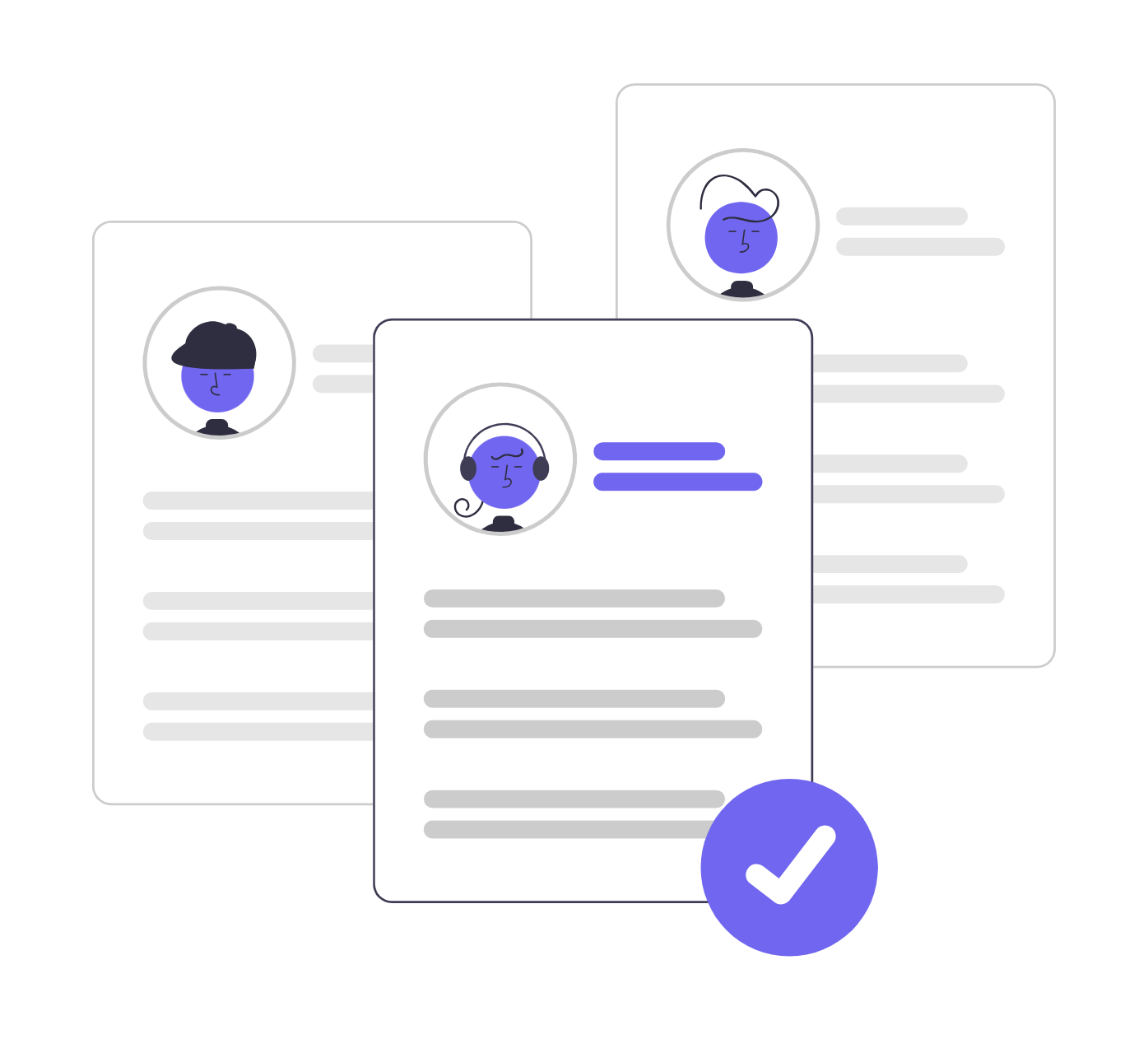Share
An in-depth guide for business owners who want clarity, control, and confidence in managing accounting costs.
Introduction: The Real Cost of Financial Peace of Mind
Hiring an accountant can feel like a luxury—until you find yourself buried in spreadsheets, unsure how much tax you owe, or scrambling to file reports on time. Many business owners hesitate to hire financial help, unsure whether the cost is justified. But as countless entrepreneurs have discovered, a good accountant doesn’t just manage your books—they can save you time, reduce your tax burden, and help you avoid costly mistakes.
In this guide, we’ll break down what accountants really cost, what you should expect in return, and how to make smarter decisions about your business’s financial support—whether you’re just getting started or scaling fast.
1. What Do Accounting Services Typically Include?
Accountants offer more than tax returns. Depending on your needs, here are the services you might be paying for:
- Bookkeeping: Recording day-to-day transactions and managing financial records.
- Payroll: Calculating employee wages, handling taxes, and filing payroll forms.
- Tax Preparation: Preparing and filing personal and business tax returns, including VAT or sales tax.
- Compliance: Ensuring filings are submitted on time (e.g., annual returns, confirmation statements, corporation tax).
- Financial Planning: Advising on budgeting, forecasting, investment, and growth strategies.
- Advisory Services / Fractional CFO: High-level support in financial decision-making, funding strategy, and capital allocation.
Some businesses pay for just one or two of these services. Others bundle them together for full-service support.
Quickly identify your most promising candidates. WorkScreen automatically evaluates, scores, and ranks applicants on a performance-based leaderboard—making it easy to spot top talent, save time, and make smarter, data-driven hiring decisions.

2. How Much Does an Accountant Cost? A Real-World Breakdown
Pricing varies dramatically based on geography, business size, and complexity. But here are typical ranges, drawn from business owner insights and accounting platforms:
 Micro Businesses (Under £100k or $150k revenue)
Micro Businesses (Under £100k or $150k revenue)
- Typical spend: £100–£200/month or $1,000–$2,500/year
- Services: Basic compliance, tax returns, minimal consulting
- Example: One-person UK consultancy using QuickBooks and outsourcing annual filings
 Small Businesses (£100k–£1M or $150k–$1.5M revenue)
Small Businesses (£100k–£1M or $150k–$1.5M revenue)
- Typical spend: £200–£750/month or $3,000–$10,000/year
- Services: Bookkeeping, payroll, VAT returns, tax filings, limited advisory
- Example: A construction firm with 10 employees paying $2,250/year for filings, payroll, and 1099s
 Growing or Complex Businesses ($1.5M+ in revenue)
Growing or Complex Businesses ($1.5M+ in revenue)
- Typical spend: $10,000–$25,000+/year
- Services: Full-service support, forecasting, strategic CFO guidance
Example: E-commerce business with high transaction volume paying £800/month for end-to-end services.
Workscreen Eliminates low-effort applicants—including those who use AI Tools to apply, copy-paste answers, or rely on "one-click apply." This way, you focus only on genuine, committed, and high-quality candidates—helping you avoid costly hiring mistakes.

3. What Factors Influence the Price?
Pricing is never one-size-fits-all. Here’s what impacts what you’ll pay:
- Business size and revenue: Many small firms pay 1–3% of their revenue in accounting fees.
- Scope of services: Compliance-only is cheaper than strategy-focused packages.
- Complexity: More employees, international operations, or multiple revenue streams mean higher fees.
- Location: New York and London-based firms typically cost more than rural or regional alternatives.
- Accountant’s expertise: Chartered accountants, CPAs, or Big Four alumni charge more—but often deliver more value.
- Firm reputation: Larger or boutique firms may charge a premium, though service quality varies.
4. Cost vs Value – When Paying More Actually Saves You More
Many business owners view accounting as a cost to be minimized. But often, paying more delivers greater ROI.
“My accountant saves me more than I pay him through effective tax filing. I’d never be able to replicate that.”
— Reddit user, construction business, $2,250/year accounting cost
A skilled accountant can uncover tax deductions, identify inefficiencies, and ensure your business isn’t overpaying. Some report saving 5–10x their accountant’s fees in tax and time.
5. Pricing Models Explained – Know What You’re Signing Up For
Understanding how accountants charge helps you choose the right one for your budget and needs:
- Hourly Rates: €25–€200+ or $150–$400 per hour; ideal for ad hoc consulting or audits.
- Fixed Fees: Predictable pricing for defined services like tax returns or annual reports.
- Monthly Retainers: Ongoing support for a set monthly cost, often bundled with cloud software access.
- Value-Based Pricing: Based on business impact, not time—common in advisory or CFO-level support.
Always ask for a breakdown of what’s included. A low quote may leave out services you’ll later pay extra for.
6. How to Reduce Your Accounting Costs Without Sacrificing Quality
Accounting doesn’t have to break the bank. Here are ways to control costs without sacrificing insight:
- Use cloud-based tools: Platforms like Xero or QuickBooks automate bookkeeping, reduce errors, and save your accountant time—saving you money.
- Outsource only what matters: You might handle basic invoicing in-house while outsourcing tax and payroll.
- Negotiate retainers: Especially if you’re a long-term client or bundling multiple services.
- Match your accountant to your business stage: Don’t pay for CFO-level advice if you just need compliance help.
Quickly identify your most promising candidates. WorkScreen automatically evaluates, scores, and ranks applicants on a performance-based leaderboard—making it easy to spot top talent, save time, and make smarter, data-driven hiring decisions.

7. When It’s Time to Upgrade Your Accountant
If you’re paying your accountant regularly but getting minimal guidance or generic service, it might be time to reconsider.
Signs it’s time for an upgrade:
- You’re doing most of the legwork but still paying a premium
- They miss deadlines or give vague, unhelpful advice
- You’re scaling but not receiving forecasting, tax planning, or strategic input
- You’re unsure of your financial position until tax season rolls around.
A good accountant is a strategic partner—not just a number-cruncher.
Conclusion: Your Next Step to Smarter Accounting Decisions
Hiring an accountant isn’t just about balancing the books—it’s about freeing up your time, improving decision-making, and protecting your business. Whether you’re a sole trader with simple tax needs or a fast-scaling startup looking for financial clarity, understanding what accounting services cost—and what value they provide—empowers you to make smarter choices.
Think beyond “Can I afford an accountant?” and ask:
“Can I afford not to have one?”
FAQ
A: At a minimum, most accountants offer bookkeeping, tax preparation, and compliance support. More comprehensive packages may include payroll processing, financial reporting, tax planning, and even CFO-level advisory.
A: Accountants typically charge by the hour, offer fixed fees for specific tasks (like tax filing), or work on monthly retainers. Some may also use value-based pricing depending on the impact of their services.
A: Yes, many accountants are open to fee negotiation—especially if you’re bundling services or plan to work with them long-term. Always ask for a detailed breakdown of what’s included.
A: Compare your current fees with industry benchmarks and evaluate whether you’re receiving proactive insights, timely filings, and support tailored to your business size. If you’re doing most of the work yourself or only receiving generic help, it may be time to reassess.
A: For very small businesses with simple finances, software like QuickBooks or Xero can be a cost-effective solution. However, they don’t replace the expertise of a professional—especially for tax planning, compliance, or strategic guidance.
A: Yes, accountants in major cities or high-cost areas (like New York or London) typically charge more than those in rural regions. Offshore or remote services may offer lower rates but could come with trade-offs in service quality or compliance.
A: If your business is growing, your finances are becoming more complex, or you need strategic insights (not just compliance), it’s time to consider more advanced accounting support—potentially including a fractional CFO.

